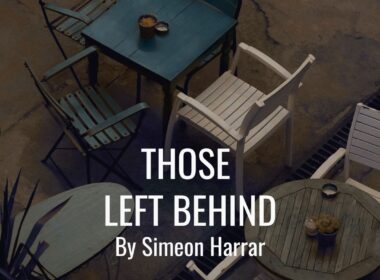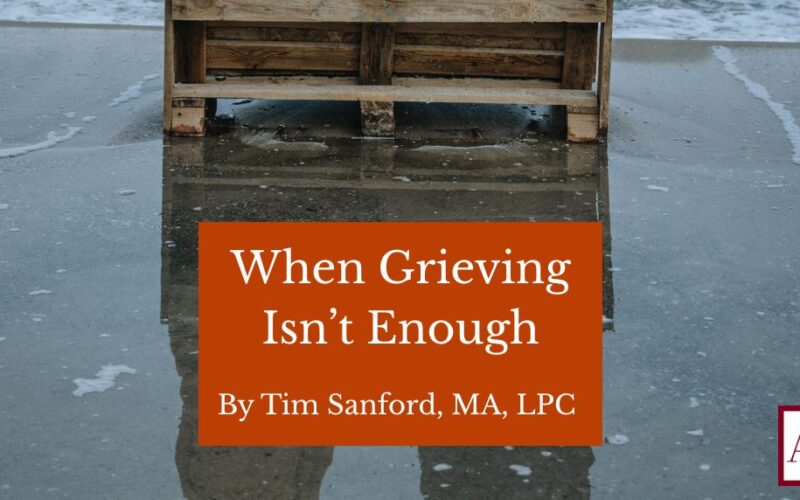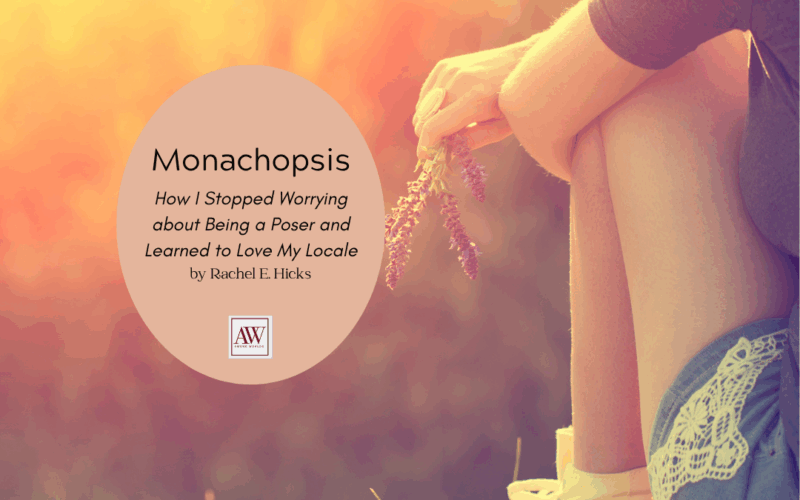Grief and loss remain popular topics among TCKs. And for good reason. Yet, even when we grieve well and identify our losses, sometimes it’s not enough to get the relief and healing we desire. Sometimes our wounds run deeper than our grieving can soothe.

Instinctively, we’ve known that TCKs experience more trauma than the average person in the US, and a recent study by TCK Training (1) confirmed that. That’s not surprising given the locations, economic and political circumstances we grew up in, and the “interesting” (said sarcastically) events we personally experienced. I was a participant in that study. I’m also a seasoned therapist who’s annoyed—okay, angered—by the misuse and overuse of the word trauma nowadays. I’ve heard it used for everything from someone’s sports team losing a match, to not getting the promotion or exam grade they wanted. Come on! I grew up in a country where I had to deal with wild jungle animals, rabies shots, frequent military coups, our vehicles being set on fire, and much, much more. I know what trauma is. You may know too.
But is it HURT or HARM? Instead of using the word trauma, what I do is ask my clients if the event HURT (was discomforting, unsettling) or if it caused actual HARM (damage, destruction, impairment). Sadly, we all get HURT, that’s part of life. But that’s all it is, it’s just HURT, even when it hurts a lot. HARM, on the other hand, is a serious injury, threat, or neglect that often results in long-lasting damage, destruction, or impairment. And it comes in many forms: physical, emotional, and/or sexual. Children are especially vulnerable to being HARMed, and many of us didn’t even understand we were being HARMed; after all, the adults around us didn’t acknowledge it. But that doesn’t mean it didn’t have a long-lasting impact on us. It’s experiences of being HARMed that leave us struggling long after we’ve grieved. Formal therapy can help heal these HARMs.
Be aware, not all therapy is helpful, so be careful. A therapist worth their weight in salt will address at least two things: (1) your memory/body connection and (2) cognitions (beliefs) you may have adopted because of your experience(s). Let me explain both. First, trauma only exists (now) in your memory; that’s it, the event is over. The problem is when the memory of the event activates your sympathetic nervous system. It awakens your fight, flight, or freeze response and dumps adrenaline and cortisol into your body. When this happens, you feel threatened and stressed all over again. It can be difficult to function normally for a while, or maybe a long while. Sometimes we can become numb to its presence. Our bodies don’t feel much anymore, and we can’t recognize how it’s stunting our thinking. Not good. Interventions such as narrative therapy, EMDR, and somatic grounding exercises help separate the distressing sensation of the memory you’re experiencing from your body. Eventually, even though you still remember the event, it becomes a blah, disgusting, boring story that’s in the distant past. Your parasympathetic nervous system stays online and in charge. You keep regulated and centered. That’s the goal.
The second critical part of good therapy is to see what—if any—irrational beliefs you adopted because of the HARMful experience(s). Think of your brain like a vintage jukebox. The records are short belief statements (cognitions) about you and the world around you, such as “I am lovable,” “Never trust anyone,” and others. It’s your entire worldview on a set of vinyl records. The therapist will do cognitive behavioral therapy (CBT) work with you to ensure your cognitions are based on factual, rational evidence and aren’t skewed by pain, limited child understanding, or faulty things taught to you growing up. Why is this so important? Accurate records equal healthy, happy living. Traumatic events, however, can forge irrational beliefs (even though they seemed rational at the time). A good place to start when looking for irrational beliefs is your records that relate to personal worth and value, control and choice, relationships, power and authority, rightness and justice. Irrational beliefs on these key topics can derail healthy thinking in ways you may not even be aware of.
As TCKs, we collect beliefs, philosophies, and ways of viewing the world from both our parents’ culture and the culture(s) we grew up in. For example, think of when you mix the watercolors red and yellow, you get orange. My parents’ passports read “US of A” = the color red. I was raised in Ecuador = yellow. So, my brain is, you guessed it, orange. Our TCK brains don’t just store different data; our brains process data differently, too. That’s part of what makes us a TCK. That’s also what makes it difficult to sort through our records to decipher which ones are accurate and rational, and which ones aren’t. Remember, the healthier, more rational your records, the more emotionally, psychologically, and relationally stable you will be. Maybe you’re like me with a history of being HARMed. If so, you’ll probably have to do more than grieve and acknowledge your losses. If you haven’t yet, I recommend you consider finding a good therapist and see if they can help you heal the HARMs you’ve experienced. Take the time to do a thorough juke box cleaning; you’re probably due for an update anyway. The payoff for your troubles? You can live the safe, mentally stable life you desire.
Footnotes 1. Tanya Crossman and Lauren Wells, TCK Training Research, 2022
Bio: Tim Sanford holds an MA in Psychology, a BA in Bible with a specialty in Intercultural Communication and a BS in Outdoor Recreation. He is a Licensed Professional Counselor in the state of Colorado. He has received further training in areas of communication, trauma response debriefing, attachment theory and application, and experiential therapy.












